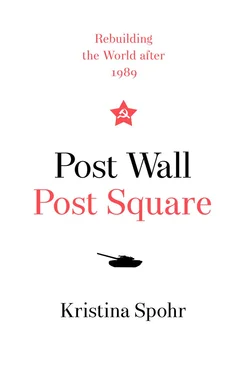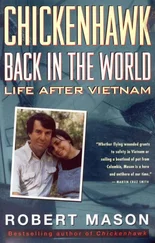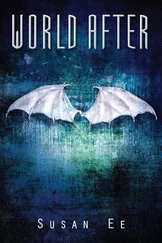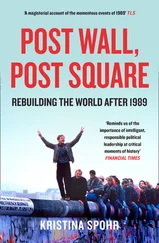1 ...8 9 10 12 13 14 ...58 There was also another pressing concern on Bush’s mind. Nothing about China could ever be considered without taking Sino-Soviet relations into account. Washington, Moscow and Beijing formed a strategic triangle whose dynamics were always in flux. Bush was well aware that, a year before he assumed office, Mikhail Gorbachev had already formally proposed a summit meeting with the Chinese leadership – the first since Khrushchev and Mao had met in 1959 on the brink of the Sino-Soviet split that brought the two countries to the verge of war ten years later.
Gorbachev’s overture reflected his desire for normal relations between the world’s two largest communist nations but it was also driven by the need for international stability so as to concentrate on reforms at home. Deng, in turn, had always been clear about China’s conditions for such a summit: 1) that Moscow reduce its military presence along the Sino-Soviet border; 2) that the Soviets withdraw their troops from Afghanistan; and 3) that the Kremlin end support for the Vietnamese occupation of Cambodia. By the end of 1988 the Chinese were sufficiently satisfied with Soviet concessions to issue a formal invitation for Gorbachev to come to Beijing in May 1989 for summit talks with Deng. The visit was intended to symbolise Sino-Soviet rapprochement after three decades of estrangement and even antagonism. [69]
Gorbachev did not know Deng personally. He had never been to China and was certainly not a lao pengyou . Twenty-seven years Deng’s junior, Gorbachev had few memories of Sino-Soviet relations before the split, which had occurred when he was only in his twenties. Nevertheless, like Bush, he had prioritised a breakthrough with China ever since becoming general secretary. Yet Deng was wary. Although he welcomed closer economic links with the USSR, he did not appreciate Gorbachev’s enthusiasm for political reforms and even spoke of him as an ‘idiot’ for putting politics before economics. [70]For his part, Gorbachev remained sceptical of China’s reform programme in the absence of a major political overhaul, which to his mind was required for a full and successful perestroika. And so he kept downplaying Chinese reforms and indeed prophesied their failure. He also dismissed the Chinese as mere imitators. ‘They all now claim they started perestroika before us,’ he scoffed. ‘They are adopting our approaches.’ Gorbachev’s lofty attitude reflected both a traditionally dismissive Soviet stereotyping of the PRC and also his own competitive, almost messianic, ambition that perestroika – as proclaimed on the title page of his book Perestroika – was not just ‘for our country’ but ‘for the entire world’. [71]
In fact Gorbachev appeared to see himself as the new Lenin. He claimed that his country was the leading state of the socialist system and, as his aide Georgy Shakhnazarov put it, one of the ‘greatest powers or superpowers of the modern world, upon which depends the fate of the world’. From this perspective, predominant among Kremlin policymakers and especially Gorbachev’s own entourage, China was still a secondary power, despite its remarkable recent rise from poverty and backwardness. Moscow itself had always craved recognition from the West to which it looked, at times neurotically, as the sole benchmark against which to measure its own successes. And in this bigger quest for international status, it was almost necessary to deride China’s experience and achievements. [72]
This was not, of course, the way the relationship was viewed in Beijing. Deng was adamant that China not be seen as Moscow’s ‘younger brother’ – as Stalin cynically treated Mao. And with a view to resetting Sino-Soviet relations, Gorbachev was at pains to assure the Chinese he did not harbour any such views: China, he said, had outgrown such a role. Their mutual edginess, however, was a reminder that thirty years of alienation could not be transcended overnight. And the Chinese leaders were quietly watching and drawing conclusions from what seemed to them an utterly chaotic Soviet situation. [73]
So Sino-Soviet relations were at a particularly delicate moment at the beginning of 1989, with the Gorbachev–Deng summit scheduled for May. In Washington, on the third point of the triangle, Bush and Scowcroft were keen to get to Beijing ahead of the Soviets. Even though the Cold War was on the wane, the old verities of Nixon-era competitive triangularity remained a strategic imperative. Bush and his advisers feared that the smooth-talking Gorbachev would be able to charm the Chinese, as he had done in Europe, ending conflict on their joint borders and burying the ideological hatchet. As Scowcroft put it: ‘We anticipated that he might attempt a rapprochement between Moscow and Beijing, and would have liked to be certain it did not come at our expense. There was no way, however, to justify a trip to China in the first quarter of the first year of the president’s term.’ [74]
Then fate came to Bush’s aid. Hirohito, the emperor of Japan, died on 7 January 1989.
*
The president’s attendance at Hirohito’s funeral in Tokyo on 24 February meant a great deal to the Japanese. Not only was Bush the head of state of Japan’s great ally and protector, he was also a veteran of the Pacific War in which Hirohito had been the official leader of one of America’s Axis enemies. The visit therefore symbolised the remarkable reconciliation between their two states since 1945. Yet it also mattered in other ways. The presence of the US president prompted other world dignitaries to come as well, further raising the profile of the occasion, and it gave Bush the chance to engage in funeral diplomacy. He held over twenty one-to-one meetings on the margins of the ceremonies, with figures such as François Mitterrand and Richard von Weizsäcker, the presidents of France and West Germany. Tokyo was a perfect opportunity for Bush to take the temperature of world politics without becoming entangled in the paraphernalia of high-profile summitry. [75]
Above all, the unforeseen trip to Japan offered an ideal pretext to visit China. As soon as Bush was inaugurated, Scowcroft met with Chinese ambassador Han Xu to start detailed planning. Time was too short to set up a full-dress state visit, so instead a ‘working visit’ was arranged – a trip without any specific agenda except for the president to reconnect with China’s senior leaders and to reaffirm his commitment to the Asia-Pacific region. [76]Just before Bush flew from Tokyo to Beijing, he and Japan’s prime minister Noboru Takeshita compared notes. It was ‘important for the US and Japan to help the modernisation of China’, Takeshita told Bush. And he stressed that improved Sino-Soviet relations were not expected to ‘pose any threat to Japan’. The president, for his part, sought to reassure Japan by emphasising that, when he eventually unveiled his policies on the USSR and arms control, they would not have any detrimental effect on Japan or China. Overall, Bush’s main message was: don’t worry, we remain a staunch ally of Japan. [77]
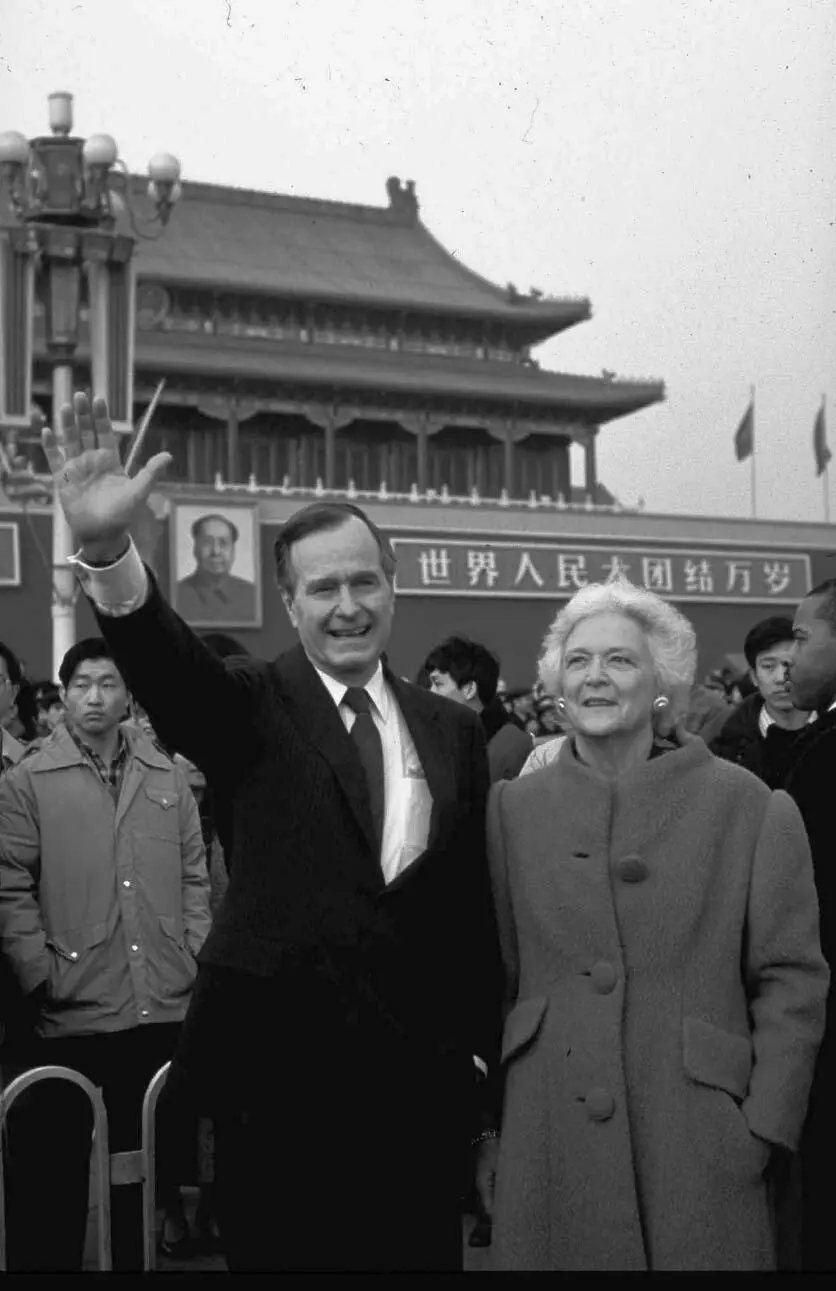
Happy returns: George and Barbara in the Forbidden City
On arriving in Beijing on the evening of 25 February, Bush was warmly received at the Great Hall of the People by Chinese president Yang Shangkun, who again highlighted Bush’s special stature as a lao pengyou . In a cordial forty-five-minute chat, Yang called Bush’s first presidential visit to Beijing (and his fifth trip to China since his serving as US envoy in 1974–5) ‘very significant’. There was plenty of personal flattery, of the sort that Chinese leaders lavished on their ‘special friends’. President Yang threw in lines like ‘you’ve made great contributions to the development of Sino-US relations and to cooperation between our two countries … I think this shows that you, Mr President, pay much attention to our bilateral relationship … Personally, as I have told Ambassador Lord many times, if I could vote, I would vote for Bush.’ [78]
Читать дальше
